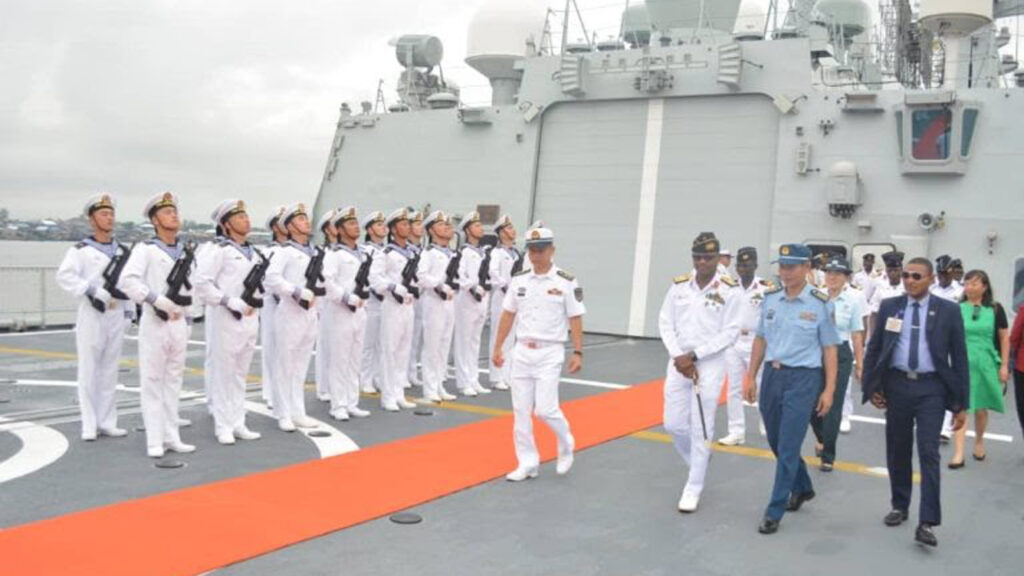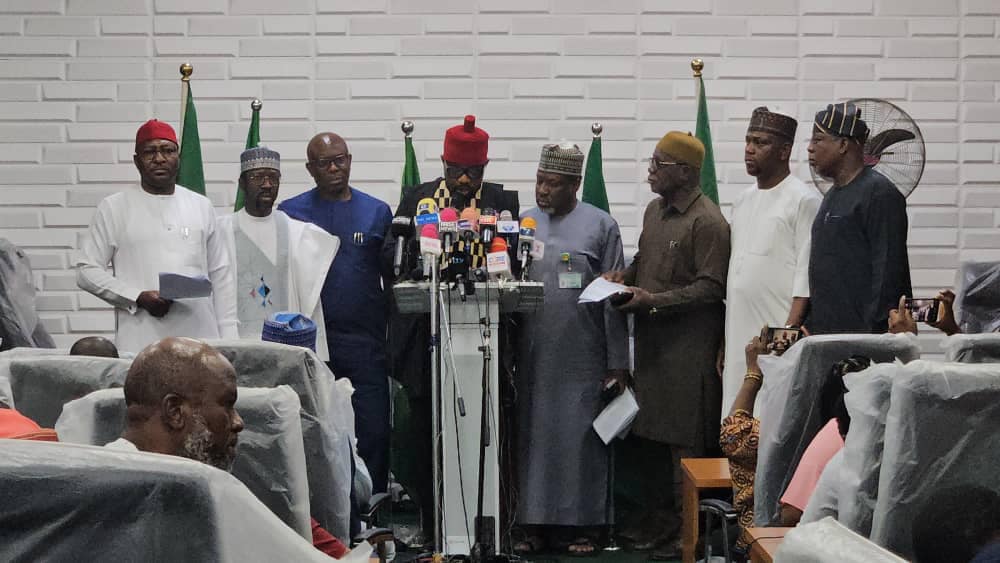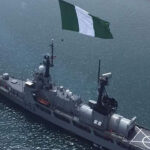
In a data-based analysis report titled ‘The implications of Chinese naval presence in the Gulf of Guinea’ by SBM Intelligence, the recent arrival of Chinese naval ships in Lagos, Nigeria, has captured global attention and brought to light China’s expanding influence as a maritime power.
While China’s investments in infrastructure projects and oil exploration in Angola and Nigeria have been well-documented, its latest move to establish a naval base in Equatorial Guinea’s Mainland Port of Bata has raised eyebrows and sparked concerns among US defence officials.
The Gulf of Guinea, although not the most critical shipping route, has become a reserve route of interest for major global powers due to its proximity and China’s robust maritime trade with neighbouring countries. China’s strategic push into this coastal area aligns with its broader ambitions to secure energy interests and expand its influence in Africa, particularly in Nigeria’s oil and gas industry, where China aims to increase daily oil production. However, piracy and terrorism have plagued the region, making maritime security a pressing concern.
China has already taken steps to address piracy in the Gulf of Guinea through counter-piracy operations and security exchanges with countries in the region. The Nigerian Navy, while the most formidable naval force in the country, has faced challenges in combating piracy due to chronic underfunding. Although efforts to curb piracy have shown some positive results, recent incidents indicate the need for sustained international security cooperation to prevent a resurgence in attacks.
The potential establishment of a Chinese naval base in Equatorial Guinea further complicates regional dynamics and raises concerns about clashes of interest among major powers. The Gulf already hosts foreign military bases, notably those of the US and France, creating potential conflicts in the region. China’s increasing diplomatic presence and investments in the area have garnered loyalty, but establishing a naval base could intensify rivalry with established bases and potentially put the region in the crosshairs of competing powers.
The implications of China’s growing maritime power and its involvement in Equatorial Guinea extend beyond security concerns. Economic stability and the safety of the region are also at stake. The evolving situation calls for careful monitoring as it continues to shape the geopolitics of the Gulf of Guinea.













